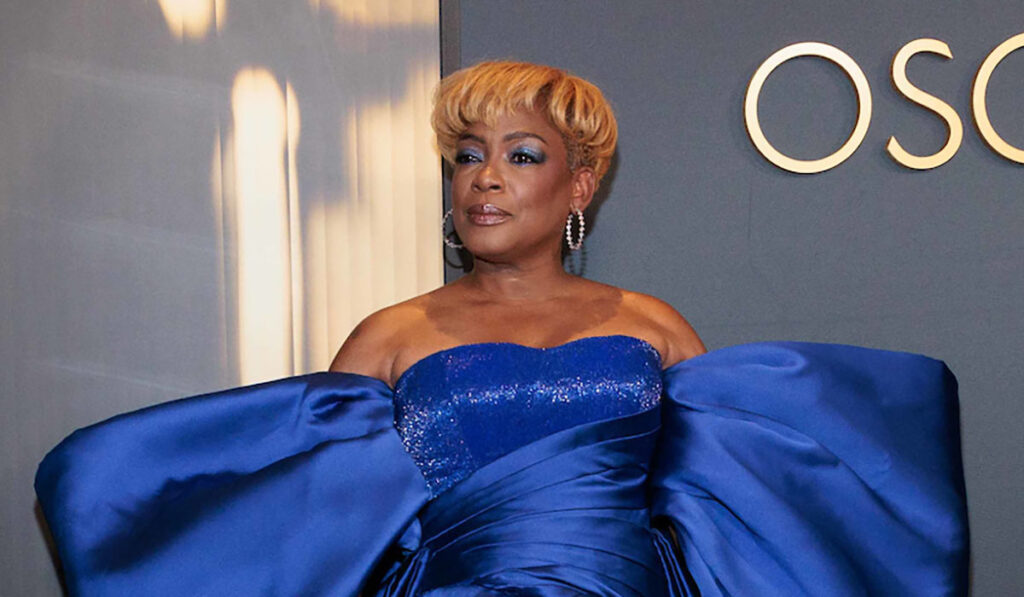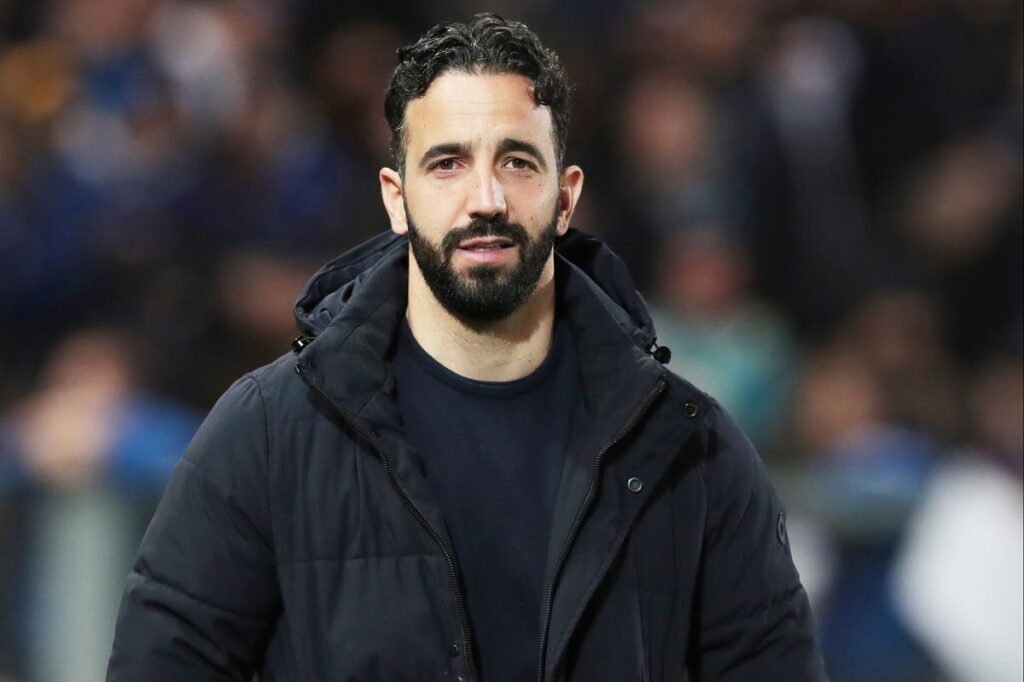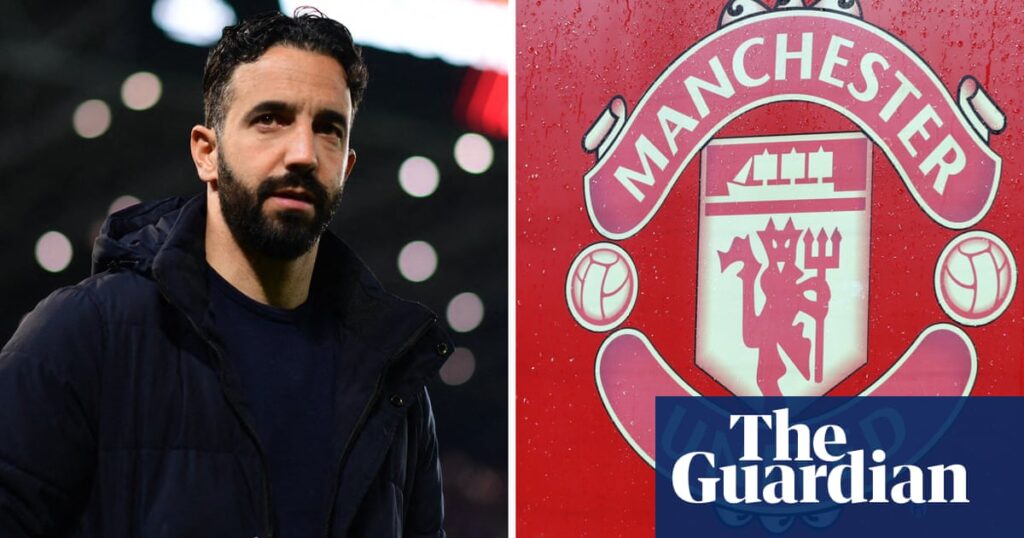Aunjanue Ellis-Taylor doesn’t watch herself on screen unless she has to. She has not seen many of her celebrated performances. You could share with her that her latest endeavor, RaMell Ross’ “The Nickel Boys,” is one of the best-reviewed films of the year, and she’d laugh and respond, “I don’t believe nothing.” Following numerous year-end accolades, we hope she believes now.
READ MORE: “Nickel Boys”: RaMell Ross on the challenge of the first person perspective
Adapted from Colson Witehead‘s novel, “Nickel Boys” finds Ellis-Taylor portraying Hattie, a single mother doing her best to raise her grandson, Elwood (Ethan Herisse), in the waning days of the Jim Crow era South. When Elwood is sent to a correctional school for a crime he didn’t commit, Hattie fights to get him freed. Eventually, she encounters Elwood’s only friend at the facility, Turner (Brandon Wilson).
Ross depicts the narrative from a first-person perspective – usually Elwood’s – which gives Ellis-Taylor, in particular, some powerful moments interacting with the camera. There is some debate on whether Ellis-Taylor knew that’s how the film would be shot before she got to set (Ross thought it was quite clear), but the end result was clearly worth the inherent challenges with the process. Despite her respect for Ross and the other filmmakers she’s collaborated with, Ellis-Tayor admits that acting is not necessarily her “first love.”
“I love other things more. I love writing more than I do as a writer that I just lied,” Ellis-Taylor says, catching herself and laughing. “The process of writing is hell, right? It is hell. But when it’s good, it’s so good. But I guess writing is my first love. But when I get to do something as exciting as this and working with someone like RaMell Ross, who is one of the most exciting voices, I think in American culture right now, it’s just a blast. It is so fun. And the other part of it is working with actors like Ethan and working with actors like Brandon and just having a lived experience with somebody and pretending it’s not this big ass machine that’s witnessing everything you do and being able to forget that and just have a moment with somebody that you guys are creating in that moment. That’s fine.”
During our interview, Ellis-Taylor reflects on her “Nickel Boys” experience and reacts to the social media discourse surrounding her other 2024 release, Lee Daniels’ “The Deliverance.”
This interview has been edited for length and clarity.
_____
The Playlist: This project comes your way, when did you realize it wasn’t going to be shot conventionally? Was it something that RaMell included in a cover letter? When did you realize that aspect of it?
Aunjanue Ellis-Taylor: Yeah, RaMell, don’t put stuff in cover letters. That’s not RaMell. [Laughs.] I think it’s safe to say that I didn’t know until I got there. Oh, wow. Yeah, until I got there. I had a question for him about someone else when we were shooting the scene: what it would be like when the camera turns around to them because of something that I was trying to do or thinking about or whatever. And he’s like, “That’s not going to happen.” And I said, “Oh, O.K.” And then that’s when I had a clue that what he was doing was not what I thought.
Did the script read like any other conventional script?
No, it didn’t read like that. But there was nothing that sort of gave me an indication of how he would shoot it. But what I thought was just as I was reading it, I just thought that it was incomplete. How you get scripts and you’re like, “Oh, they just didn’t put in that part of it.” That’s what I thought.
Did he say why he didn’t tell you this before you got to set or to the production?
I don’t know if he thought that I would just sort of get it from reading it. But I know I wasn’t the only actor who was like, “Huh.” Yeah, and just when I got there and I understood what he was doing, I didn’t have time. I just had to do it.
In many scenes, you don’t even see the back of Elwood’s head, even when it’s from his perspective. It’s just you looking at the camera. Was it harder or easier than a standard setup?
Oh, it’s harder. It’s harder for me. It’s harder. I was watching “Transformers” the other night, and I was just like the actors who do that kind of work, they don’t get enough credit to create that kind of feeling of fear and awe, and there’s nothing, there are no Transformers there. It’s really incredible. But for me, especially because I’m having an emotional experience with someone, I respond to how they look at me, how my being able to touch. For me, I’m like an iPhone. I’m very haptic. You know what I’m saying? In that way, I respond to touch, I respond to the senses. And to be deprived of that was a little, little challenging, yeah.
Would any of your co-stars be behind the camera, receiving their lines? How did that work on set?
Ethan was always there, but he would have to be off to the side a little bit, or sometimes I would not see him at all, but he would always be there.
Before you got to the set, was there one sequence or scene that you were most focused on?
I mean, in terms of how I look at it, I don’t want to fail anybody. So yeah, I am looking at it that way. But I think you’re right. I think I look at scenes that I feel like, “O.K., I could really f**k this up. So let me start thinking about it now.” And I haven’t seen the film, so I don’t know what is preserved of it, but there’s a scene that I shot where I’m cutting a cake, and that scene scared me. And then there was another scene where I’m by myself in the kitchen, and I’m kind of looking for Elroy. So those scenes scared me because all of that I had to self-generate.
One of the scenes that resonated the most for me Hattie arrives at the school and only finds Turner. She also hugs him a couple of times, which is a beautiful shot. One of the most memorable of the year in how it was filmed. Can you talk about shooting that scene in particular?
I worked with Ethan before. This was my first time working with Brandon. I just think he just gives vulnerability in his face, and he is an open sea. It’s just waves in him that you can respond to. I don’t know if that makes any sense, but that’s my feeling when working with him. And because of that, I felt there was a safety that I felt protective of him. And so that made it easier to do. But the reality is I could not look at him directly in the face. I just had to hear his voice and remember his face as I was talking to him.
I remember when we ran into each other at Telluride, you shared that you don’t necessarily like to watch your films, correct?
No, I don’t.
But for this one in particular, did you at least want to see playback on set about what you were doing? Did that matter to you at all?
Yeah, I think especially with this, and I mean, I think that because of what [Ross] was doing was going to happen so much outside of what we were doing, that honestly, after a couple of days, I just said, “I just have to let it go. I have to release it.” I couldn’t hold onto it. I couldn’t be precious about it. And I try not to be precious about things anyway. But this one particularly, I didn’t know exactly what he was doing, but I knew he was doing something that I had not done before. And so everything that I had brought to set I had to sort of let it go. This was a new game. I couldn’t play with my cards.
RaMell had never made a narrative film before. Only documentaries. You took a chance by working with him because not all documentary filmmakers can do narrative. What convinced you that this was something that he could pull off and that this could be something special?
His documentary. Yeah. I thought “Hale County” was one of the most important things that I’ve seen, especially as a Southerner. With it being in Alabama, I’m from Mississippi, and a lot of times, I feel like documentary work about the South is very exploitative. It’s very insulting. It is very much a fishbowl approach to us. But this didn’t feel like that. And I know why it didn’t feel like that now. Because RaMell moved down there and, he embedded himself with that community. And because of that, they trusted him and felt comfortable with him. And I’ve said this before: I felt like he wasn’t a witness, he was a part of it. And I think that he takes that sort of approach for his documentary work, he did that with “Nickel Boys” and the way that he shot it, that he makes the viewer not just the filmmaker, he makes a viewer a part of the experience. A necessary part of the experience of the film. You cannot take yourself out of it because you are the subject.
Before you got to set, did RaMell talk to you about Hattie? Did he want you to read the book? Was that important?
No, he didn’t say that. And I didn’t read the book beforehand. I read some of it. I think that what RaMell and [co-screenwriter] Joslyn [Barnes] did was so evocative it just hit me as I was reading it. I didn’t want to have sort of a secondhand experience with the book because one would critique the other one. And I wanted to come in more open-eyed than that. And generally, I think sometimes that it is necessary for you to read. For example, I did this movie “Origin,” and it was necessary that I read [the novel it was based on] “Caste” so I could be believable talking in this way. So, talking like a scholar and not being a scholar. But for the most part, I try not to, it is not necessary for me to read the book, especially with a script as strong as this one.
You have been in a number of acclaimed films including “Origin” and “King Richard.” Now “Nickel Boys” has earned rapturous reviews. When do you believe in the reaction to a project since you traditionally don’t watch them?
Never. Next question. Never. I don’t believe nothing. [Laughs.] I don’t believe a thing. I don’t mean honestly. I have to sort of say this. People say all kinds of stuff to you. Ultimately, I think because you can listen to things, and it forms expectations honestly. And when you get expectations, and those expectations are not met, it can be hurtful. It can be disappointing. So, I try not to listen to anything.
So what’s the joy you get out of acting?
The doing of it. The doing of it. And I mean, acting is not necessarily my first love. I love other things more. I love writing more than I do as a writer, that I just lied. [Laughs]. The process of writing is hell, right? It is hell. But when it’s good, it’s so good. But I guess writing is my first love. But when I get to do something as exciting as this and working with someone like RaMell Ross, who is one of the most exciting voices, I think in American culture right now, it’s just a blast. It is so fun. And the other part of it is working with actors like Ethan and working with actors like Brandon and just having a lived experience with somebody and pretending it’s not this big ass machine that’s witnessing everything you do and being able to forget that and just have a moment with somebody that you guys are creating in that moment. That’s fine.
I agree. It is a brilliant move for this particular story. Before I let you go, I wanted to ask you about Lee Daniels’ “The Deliverance,” which got an insane reaction on social media. I don’t think you are on socials, but was the reaction to the movie what you thought it was going to be?
Listen, it’s Lee Daniels, right? So, Lee Daniels does not have breakfast like everybody does. You know what I’m saying? If he does a thing, he does a thing in a way that we going to be talking about it. So, I’m not surprised by it. I’m not surprised. It’s crazy. It’s crazy. I didn’t expect the whole church community to be up in arms about it. “Don’t let your congregation watch ‘The Deliverance!” I mean, it has become a whole, it became a whole thing, and I’m glad.
“Nickel Boys” is now playing in New York and Los Angeles.


